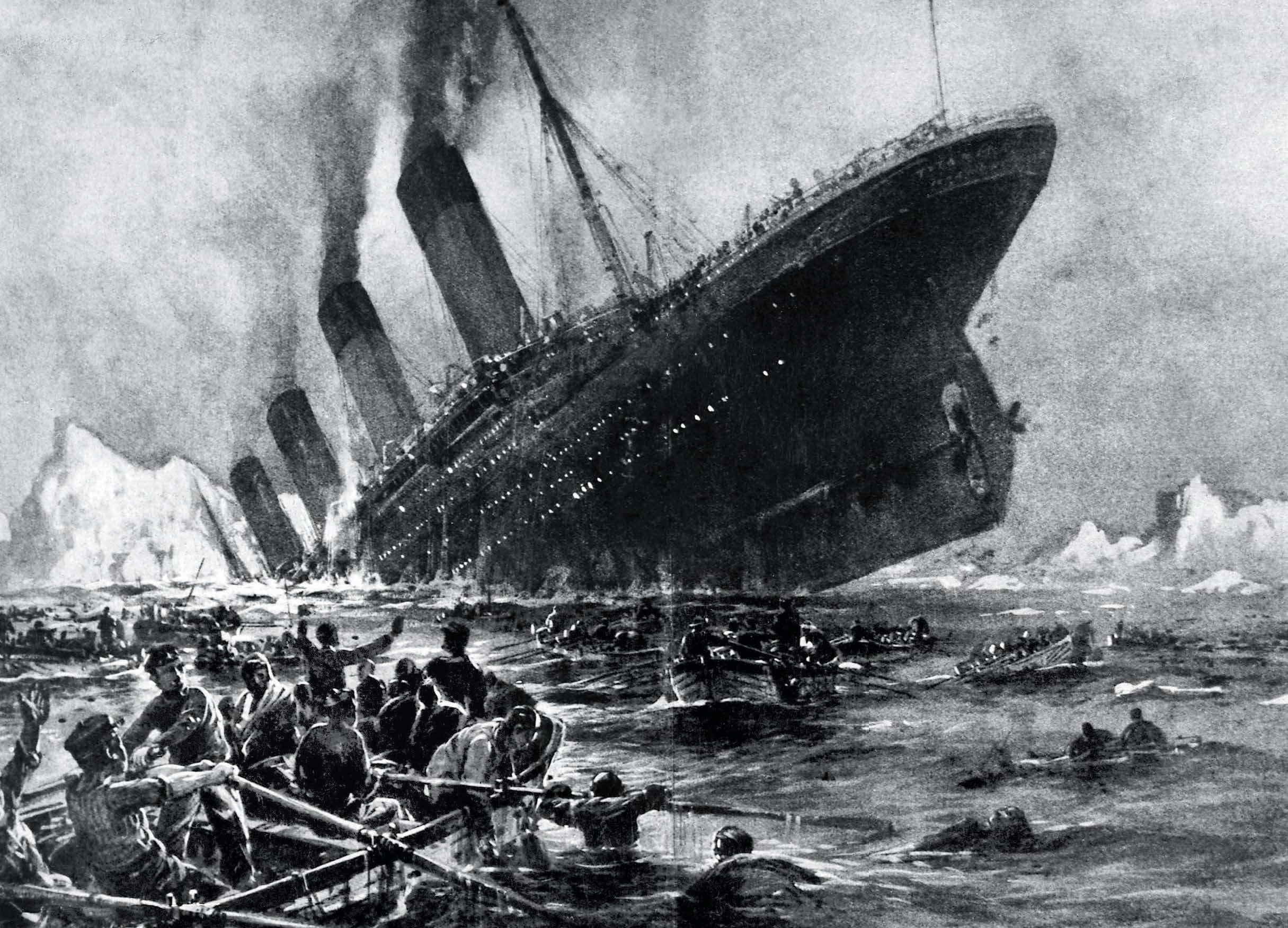
It is an online lecture called ‘The science of deformation’. The speaker is Prof Rajesh Prasad of IIT Delhi, an expert in applied mechanics. He asks the students what seems to be a fairly straightforward question: “If steel hits ice, which one do you think will break—steel or ice?”
Not so fast.
The question was preceded by a sequence from the film Titanic. The protagonists, Jack and Rose, climb on to the stern rails as the giant vessel breaks into two and is swallowed by the ocean. The connection to the question is obvious. The Titanic had been the largest moveable object made by man until it struck an iceberg and sank in the Atlantic on the midnight of April 14, 1912, killing more than 1,500 passengers and crew members. The ship was made of 46 million kilograms of the finest steel available, and yet it had crumbled like a cookie when it hit the iceberg.
“The question is,” asks Prasad, “Why did the Titanic sink so easily? The ship’s steel was more than an inch thick—a very high-quality steel at the time.”
Soon, Prasad begins to explain why the ship went down, using jargon that sounds as poetic as it is esoteric—elastic and plastic deformation, ductile and brittle fracture, and so on.
This story is from the July 10, 2022 edition of THE WEEK India.
Start your 7-day Magzter GOLD free trial to access thousands of curated premium stories, and 9,000+ magazines and newspapers.
Already a subscriber ? Sign In
This story is from the July 10, 2022 edition of THE WEEK India.
Start your 7-day Magzter GOLD free trial to access thousands of curated premium stories, and 9,000+ magazines and newspapers.
Already a subscriber? Sign In

Forging the future
As the curtain falls on 2024, I take pride in the extraordinary milestones achieved under the leadership of Prime Minister Narendra Modi. This year stands as a testament to the Modi government's resolve to forge a resilient and forward-looking Bharat. From groundbreaking advancements in infrastructure to visionary global initiatives, these efforts resonate deeply with the vision of Viksit Bharat.

Our strange democracy
Abraham Lincoln is lauded as among the very best presidents the US ever had: the statesman par excellence successfully steered the nation through the devastating and perilous years of the American civil war. Not only did Lincoln manage to keep his country united, he also ensured the passage of the 13th amendment to the US constitution, which abolished slavery.

Five years of post-pandemic fashion
It has been five years since we discovered what Covid-19 was, and five years since it disrupted the world forever. The World Health Organization activated their emergency systems on January 1, 2020, and informed the world by January 4, 2020. By the end of that week, they had set guidelines for various countries to follow. Comparable to the Spanish flu of 1918, more than 7 million people have died of Covid according to official data. Unofficially, no one has an idea. WHO has just this week asked China to provide critical data to understand the virus's origins as a “moral and scientific imperative”.

Community spirit
Rhythm of Dammam opens a window to the world of African-origin Siddis of Uttara Kannada

'Breaking' down a scandal
Society Girl is not just a case study of a high-profile death in Pakistan but also a stark commentary on media trials

Progress card
Jasmine Shah's book tells you what the AAP has achieved in Delhi in the last 10 years

SENSE IN NONSENSE
In his latest book of poetry, Ruskin Bond is at his funniest

Get ready for Trump bump
The ‘butterfly effect’ is a beautiful, mysterious metaphor of the planet’s interconnectedness.

QUIET FLOWS THE FAITH
The melding of an ancient amorphous faith and the latest science; of an antique tradition and new practices; ways of life older than memory and new expressions is happening at Prayagraj in Uttar Pradesh.

Trash to treasure
How a weed-choked Dal Lake spurred Maninder Singh's journey to become a waste management visionary